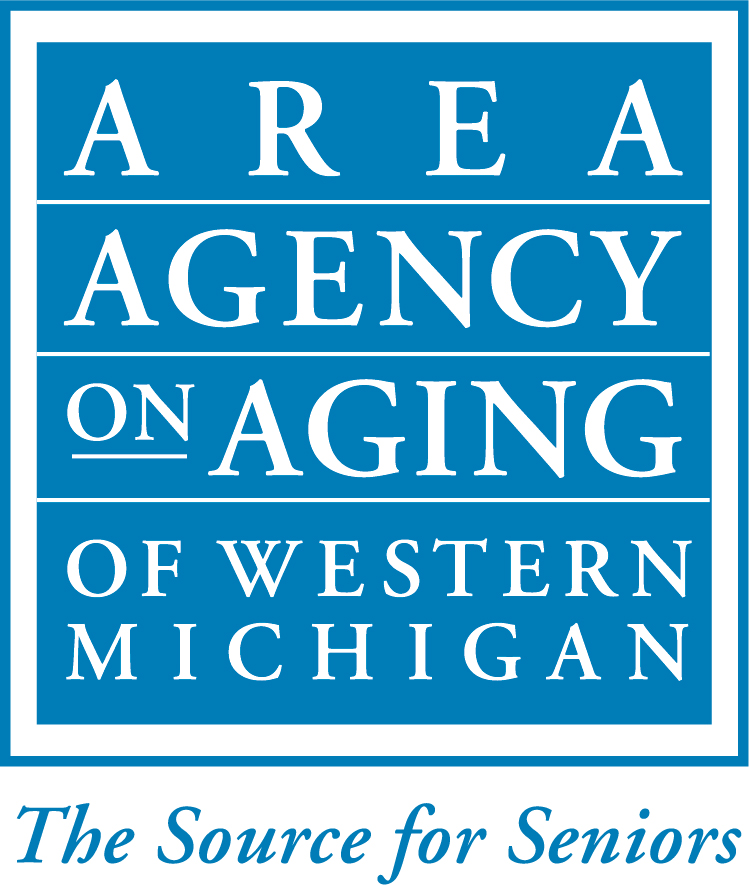Articles
Caregiving in the Time of Coronavirus
If you are a family caregiver, you could be feeling overwhelmed during this time. Many of your usual forms of support that were in place to help you care for your loved one, such as respite and adult day care services, may be on hold due to the coronavirus pandemic. You are also probably spending more time at home than usual as certain stay-home measures are in place, which means spending more time caregiving than you may be used to as well. These things add up, and it is possible you are experiencing feelings of stress, anxiety, and uncertainly. Yet it is important to remember... these feelings are normal. We are in a unique circumstance that is requiring more of us as caregivers than ever before, you are not alone. However, it is now more important than ever to remember to care for yourself and ask for help when needed.
So what can you do to take small steps towards reducing the understandable stress that comes from caregiving during a pandemic? Here are a few suggestions.
Attempt to set a new daily routine
Pre-pandemic, you likely had a schedule in place, you and your loved one knew what to expect each day. Just because this looks different than before, does not mean you should abandon having a routine. Having one gives you set goals to aim for and adds structure to your days, helping them go more smoothly overall. If your loved one has dementia, a routine also can help ease their worry and frustrations. Some ideas for routines? Set up activities that involve your loved one while also indirectly helping you as well. Get moving by taking a walk together. Start each day with a healthy meal. Have them help you with simple household tasks, like sorting laundry or watering plants.
Rely on Support
Seeking support is crucial to your wellbeing, and this can look differently for a lot of people depending on their needs. Here are a few options in our region:
-
COVID-19 Senior Support: The Area Agency on Aging of Western Michigan and its network of partners, through the Kent County Senior Millage and Older Americans Act funding, are offering wellness check phone calls and the delivery of essential items to older adults. If you are a caregiver feeling overwhelmed in getting your loved one groceries, for instance, this service could help.
-
Information & Assistance: Our I&A department remains an essential senior resource in our region, and many of our programs are continuing to operate with safety measures in place. Each situation is unique, so we encourage you to call to see what resources can help; give us a call at (616) 456-5664.
-
Family Caregiver University: Family Caregiver University provides practical education and support to caregivers in West Michigan, one class at a time. With the current coronavirus crisis, we realize this support is now more important than ever, therefore we are taking our monthly class offerings virtual! You can learn about upcoming classes at www.caregiverresource.net.
-
Join a Virtual Support Group: Many organizations have taken their support groups virtual as well. The Alzheimer’s Association has a large offering of COVID-19 resources and supports, you can learn more at https://www.alz.org/alzheimers-dementia/coronavirus-covid-19
Take Care of Yourself
A large factor in not facing burnout as a caregiver is to remember to take care of yourself as well. You are a better caregiver for your loved one when you are well-rested and clear-minded.
-
Take a break. Having time to yourself do what you would like is key. Don’t be afraid to ask for help, most family members and friends are happy to do so.
-
Practice mindfulness. Meditation can be a great tool for mindfulness, the Headspace app has partnered with the state of Michigan to offer free meditation resources at https://www.headspace.com/mi. A gratitude journal is another wonderful way to reflect on the good in your days and stay positive.
-
Exercise, eat well, and get enough sleep so you feel your best.
If you are having trouble navigating your caregiver responsibilities, know that you are not alone. Reach out to the Area Agency on Aging of Western Michigan at (616) 456-5664, we can connect you with resources to help.

